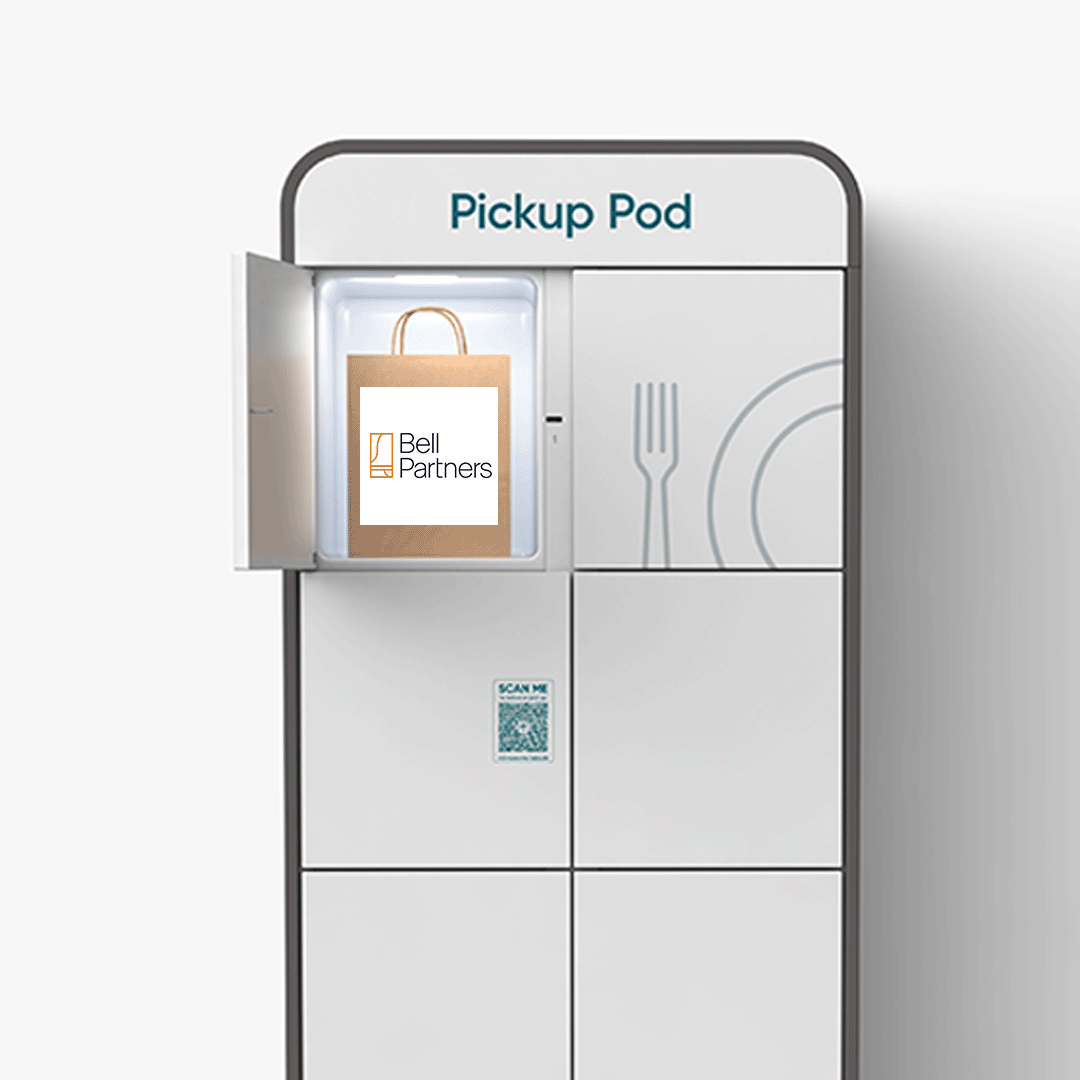Introduction
Solar energy is becoming a popular choice for homeowners and businesses looking to cut electricity costs. A key component of any solar system is the solar inverter, which converts DC power from solar panels into AC power for home use. Choosing the right inverter is essential for system efficiency. This guide explores different types of solar inverters, their benefits, and pricing insights to help you make an informed decision.
Types of Solar Inverters
Solar inverters come in different types, each suited for specific energy needs. Below are the most common types:
1. String Inverters
- Most commonly used in residential solar systems.
- Connects multiple solar panels in a series.
- Affordable and easy to install.
- Works best when all panels receive equal sunlight.
2. Microinverters
- Installed on each solar panel.
- Improves efficiency by working independently.
- Ideal for roofs with shading issues.
- Slightly more expensive than string inverters.
3. Hybrid Inverters
- Supports both solar panels and battery storage.
- Allows energy storage for nighttime or emergency use.
- Best for areas with frequent power outages.
- A popular choice for long-term savings.
4. Off-Grid Inverters
- Works without a connection to the national grid.
- Requires battery storage to function.
- Suitable for remote areas with no electricity access.
Benefits of Solar Inverters
A solar inverter is a crucial part of any solar energy system, providing multiple benefits:
- Efficient Power Conversion: Converts DC power into AC for household use.
- Grid Independence: Hybrid and off-grid inverters help reduce dependency on traditional power sources.
- Energy Savings: Reduces electricity bills by maximizing solar energy usage.
- Remote Monitoring: Many inverters come with smart monitoring features to track energy production.
- Supports Battery Storage: Hybrid inverters, like the Goodwe Hybrid Inverter 5kW, allow homeowners to store excess energy.
Pricing Guide for Solar Inverters
The cost of a solar inverter depends on its type, capacity, and brand. Below is an estimated price range for different types of inverters:
| Inverter Type | Price Range (PKR) |
|---|---|
| String Inverter | 100,000 – 250,000 |
| Microinverter | 150,000 – 300,000 |
| Hybrid Inverter | 200,000 – 500,000 |
| Off-Grid Inverter | 250,000 – 600,000 |
The Goodwe Hybrid Inverter 5kW falls in the mid-to-high price range but offers excellent efficiency and reliability, making it a worthwhile investment for homeowners looking to maximize their solar power usage.
How to Choose the Right Solar Inverter
When selecting a solar inverter, consider the following factors:
- Power Needs – Choose an inverter that matches your solar panel output.
- Battery Compatibility – If planning to use battery storage, opt for a hybrid or off-grid inverter.
- Efficiency – Look for inverters with high conversion efficiency (above 95%).
- Warranty and Support – Ensure the manufacturer provides a solid warranty (5-10 years recommended).
- Budget – Balance cost with features and long-term savings.
Conclusion
A solar inverter plays a vital role in ensuring your solar energy system functions efficiently. Whether you opt for a string inverter, microinverter, or a Goodwe Hybrid Inverter 5kW, choosing the right option can lead to significant energy savings and improved power reliability. By considering efficiency, budget, and system compatibility, you can make an informed decision for a sustainable energy future.





















